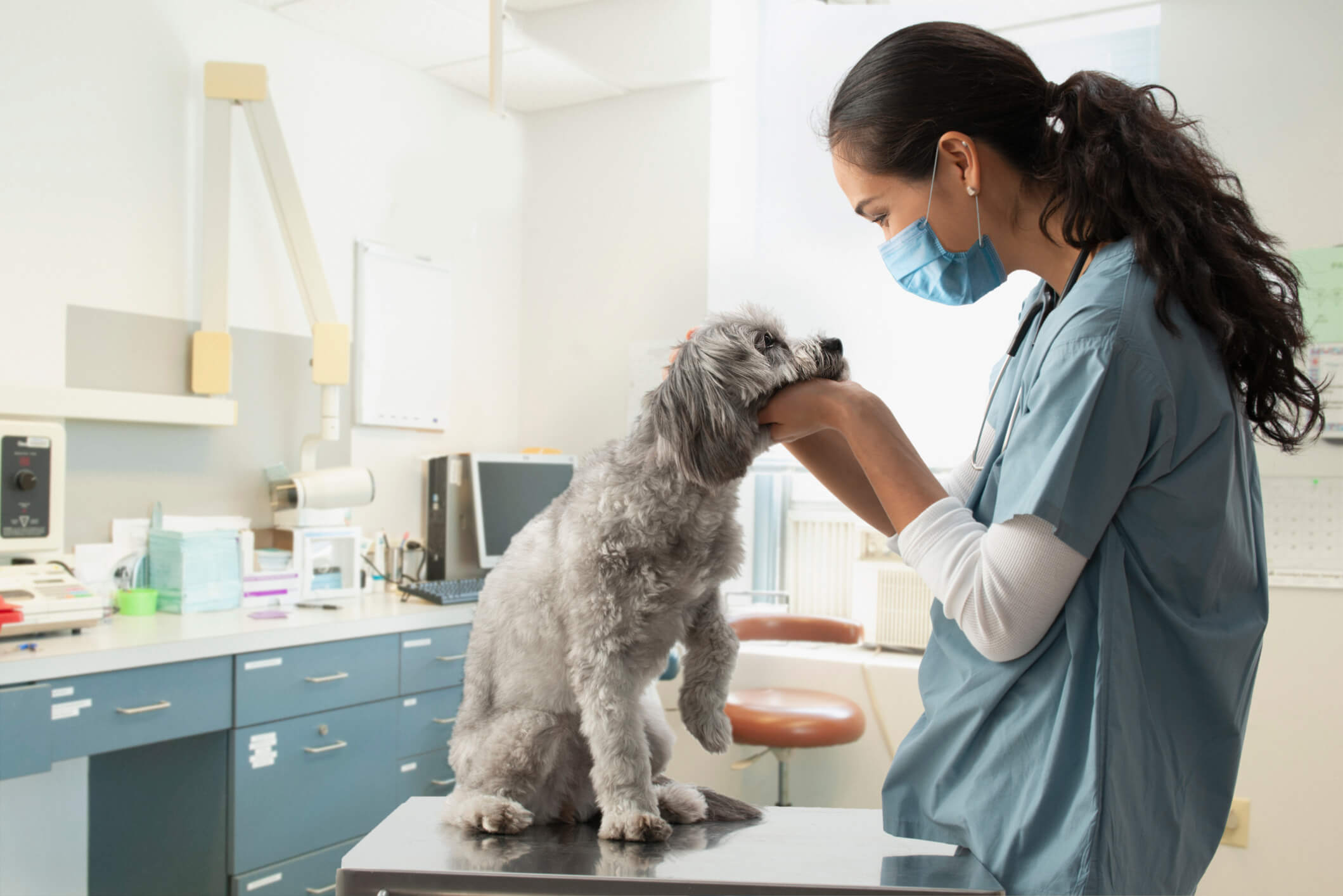
How to Care for a Recent Dog Rescue
Rescue dogs have different needs than most adopted pups. They’re often shuttled from one foster home to the next or saved from an abusive owner. Some began life as strays and have never known the comforts of a soft bed and human affection.
Because rescue dogs can come with different behavioral and health problems, the process of caring for them might be different than what you’re used to. These tips will help pet parents give their new rescue dog the life they deserve.
Adjusting to a new home
Your home will be completely different from the rescue agency—the environment, humans and pets are unfamiliar, which will undoubtedly trigger some confusion and stress. Shelter dogs can take anywhere from six to eight weeks to become fully adjusted. Those first few weeks are crucial for establishing a routine and making sure all household members get along.
Here’s how to help your rescue dog make a smooth transition:
- Gather everything you need: Before your new furry companion arrives home from the shelter, fill the living space with essentials like food, toys, bedding and a crate. Communicate with family members about where the dog is allowed to roam and set up gates where necessary. Ask the rescue agency if you can keep the dog’s blankets and chew toys so they have familiar objects in a foreign place. Set up these items ahead of time so you can give your undivided attention to the new pup once they come home.
- Gradually introduce existing pets: There’s no telling how your family pets and the rescue dog will react to one another. Make introductions in a neutral space like the park or back yard, so your current dogs don’t get territorial. Keep a watchful eye on the dogs in case one of them becomes aggressive. After a few play sessions, see if they’ll co-exist in the house. If behavioral issues still arise, keep the pets in separate rooms until they adjust.
- Set a daily routine: Dogs crave consistency in their lives, especially when their environment changes. This is especially true for rescue dogs who might be more unsure than the average pup. Help your new furry friend adjust by setting consistent feeding times and bathroom breaks. When dogs can predict what will happen next in their schedules, they feel much more at ease in a new living space. Plus, regular play sessions will help you bond and gain the dog’s trust.
Medical history and vet checkups
Most rescue dogs have an unknown or complicated medical history, especially if yours was formerly a stray. However, you can gain some insight into the dog’s physical condition by speaking with a vet and the rescue agency.

Here are a few things to keep in mind:
- Update their vaccines: If the rescue agency hasn’t already, schedule all your pup’s necessary procedures, including a rabies shot, heartworm vaccine and a flea and tick treatment. A trip to the vet will not only protect your rescue dog but other pets in the house, as well. The vet will also conduct a general examination to detect any potential health concerns that might’ve gone unnoticed by the rescue agency.
- Know their dietary needs: Although everything around your new pup is changing, their kibble should stay the same. Switching to a new type of food can upset the poor pup’s stomach because their digestive system isn’t used to it. Ask the staff who took care of your rescue dog what type of kibble he or she ate at the shelter. If you want to feed them something different, do so gradually under a vet’s guidance.
Reinforcing good behavior
Pet parents don’t gain a dog’s trust overnight. During the first few weeks of living in their new home, your rescue pup may appear frightened, suspicious or even aggressive. These are perfectly normal reactions, especially if they’ve suffered a traumatic past.
Here are a couple things to remember as your pup adjusts:
- Limit social gatherings: Naturally, pet parents want to show off their adorable new pup. However, give your rescue time to acclimate first to avoid stressing them out. Wait until the dog feels comfortable around you before inviting guests over. Too much excitement can get rescue dogs riled up, and it may be hard to calm them down early in the training process. Maintain a quiet, peaceful environment to keep their temperament under control.
- Start training right away: Come up with a few basic commands and practice them in daily training sessions. Make sure every family member is using the same words for commands so the dog doesn’t become confused. Training teaches your pup discipline and establishes you as the leader. Don’t forget to reward your dog for all their hard work!
Above all else, bringing home a rescue dog requires unconditional love and a whole lot of patience. You can never know for sure what hardships the dog has endured in their past. Trauma makes it difficult for rescues to feel safe in their new homes, but the right pet parent will wait as long as it takes until their pup can finally experience true happiness.


